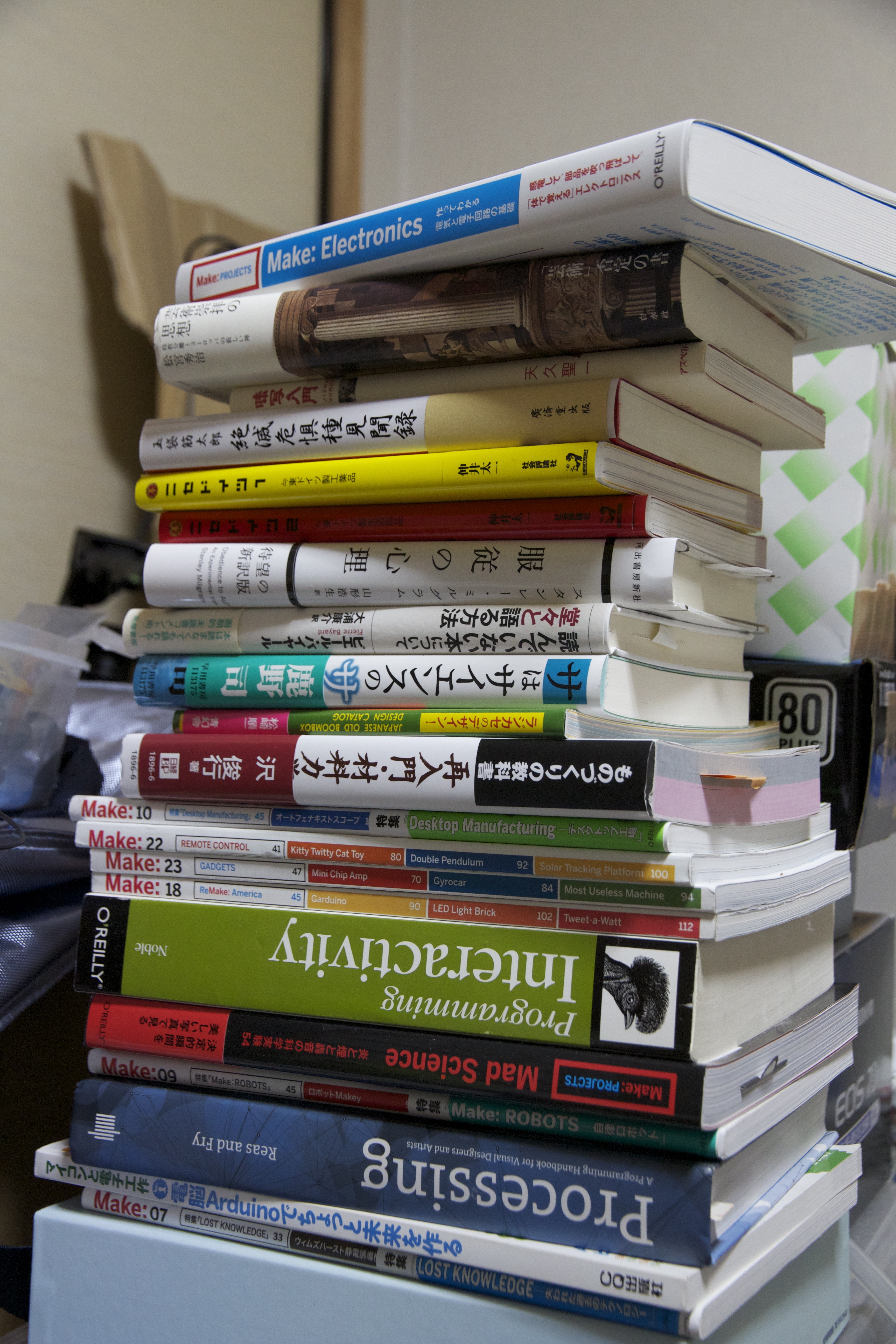Tsundoku on:
[Wikipedia]
[Google]
[Amazon]
 ''Tsundoku'' ( ja, 積ん読) refers to the phenomenon of acquiring reading materials but letting them pile up in one's home without reading them. It is also used to refer to books ready for reading later when they are on a bookshelf.
The term originated in the
''Tsundoku'' ( ja, 積ん読) refers to the phenomenon of acquiring reading materials but letting them pile up in one's home without reading them. It is also used to refer to books ready for reading later when they are on a bookshelf.
The term originated in the
 ''Tsundoku'' ( ja, 積ん読) refers to the phenomenon of acquiring reading materials but letting them pile up in one's home without reading them. It is also used to refer to books ready for reading later when they are on a bookshelf.
The term originated in the
''Tsundoku'' ( ja, 積ん読) refers to the phenomenon of acquiring reading materials but letting them pile up in one's home without reading them. It is also used to refer to books ready for reading later when they are on a bookshelf.
The term originated in the Meiji era
The is an era of Japanese history that extended from October 23, 1868 to July 30, 1912.
The Meiji era was the first half of the Empire of Japan, when the Japanese people moved from being an isolated feudal society at risk of colonization ...
(1868–1912) as Japanese slang. It combines elements of ''tsunde-oku'' (, to pile things up ready for later and leave) and ''dokusho'' (, reading books). As currently written, the word combines the characters for "pile up" () and the character for "read" (). There are suggestions to include the word in the English language and in dictionaries like the ''Collins Dictionary
The ''Collins English Dictionary'' is a printed and online dictionary of English. It is published by HarperCollins in Glasgow
Glasgow ( ; sco, Glesca or ; gd, Glaschu ) is the most populous city in Scotland and the fourth-most ...
''.
The American author and bibliophile A. Edward Newton commented on a similar state in 1921.
See also
*Bibliophilia
Bibliophilia or bibliophilism is the love of books. A bibliophile or bookworm is an individual who loves and frequently reads and/or collects books.
Profile
The classic bibliophile is one who loves to read, admire and collect books, often ama ...
*Bibliomania
Bibliomania can be a symptom of obsessive–compulsive disorder which involves the collecting or even hoarding of books to the point where social relations or health are damaged.
Bibliomania is not to be confused with bibliophilia, which is the ...
References
Book collecting Book terminology Concepts in aesthetics Concepts in epistemology Japanese aesthetics Japanese words and phrases Words and phrases with no direct English translation {{japan-culture-stub